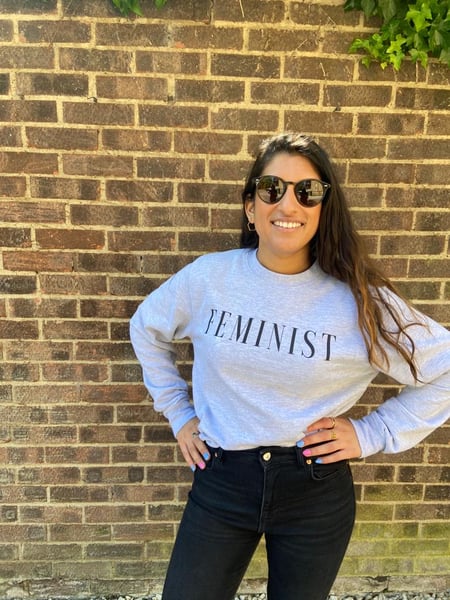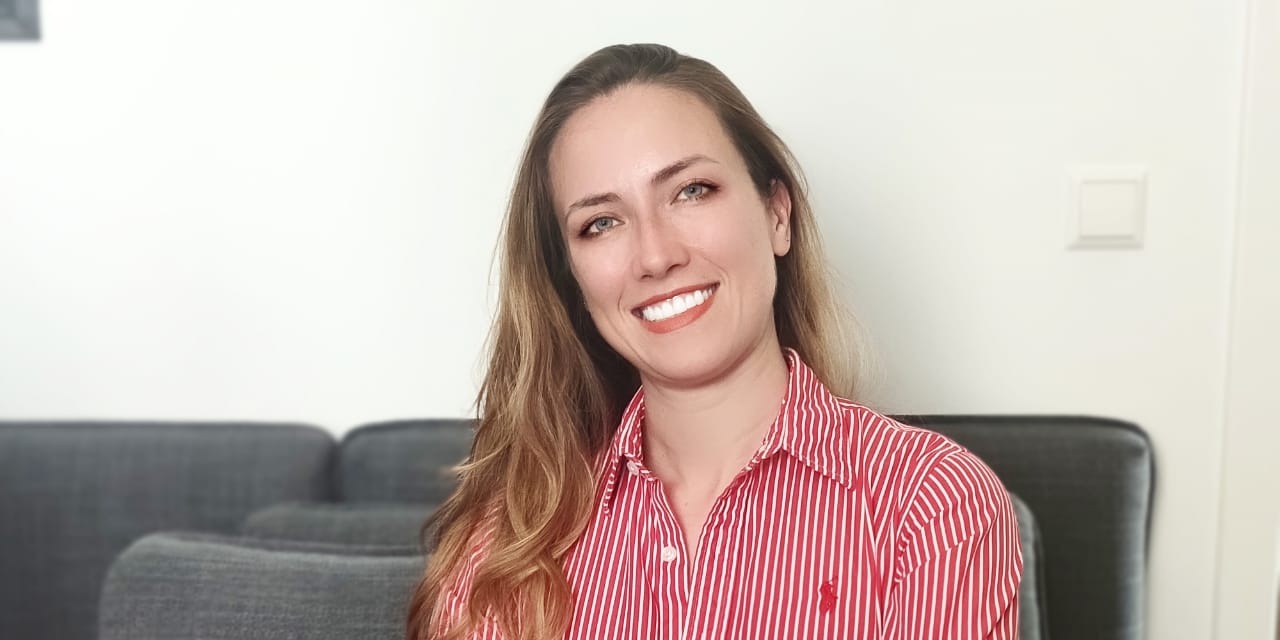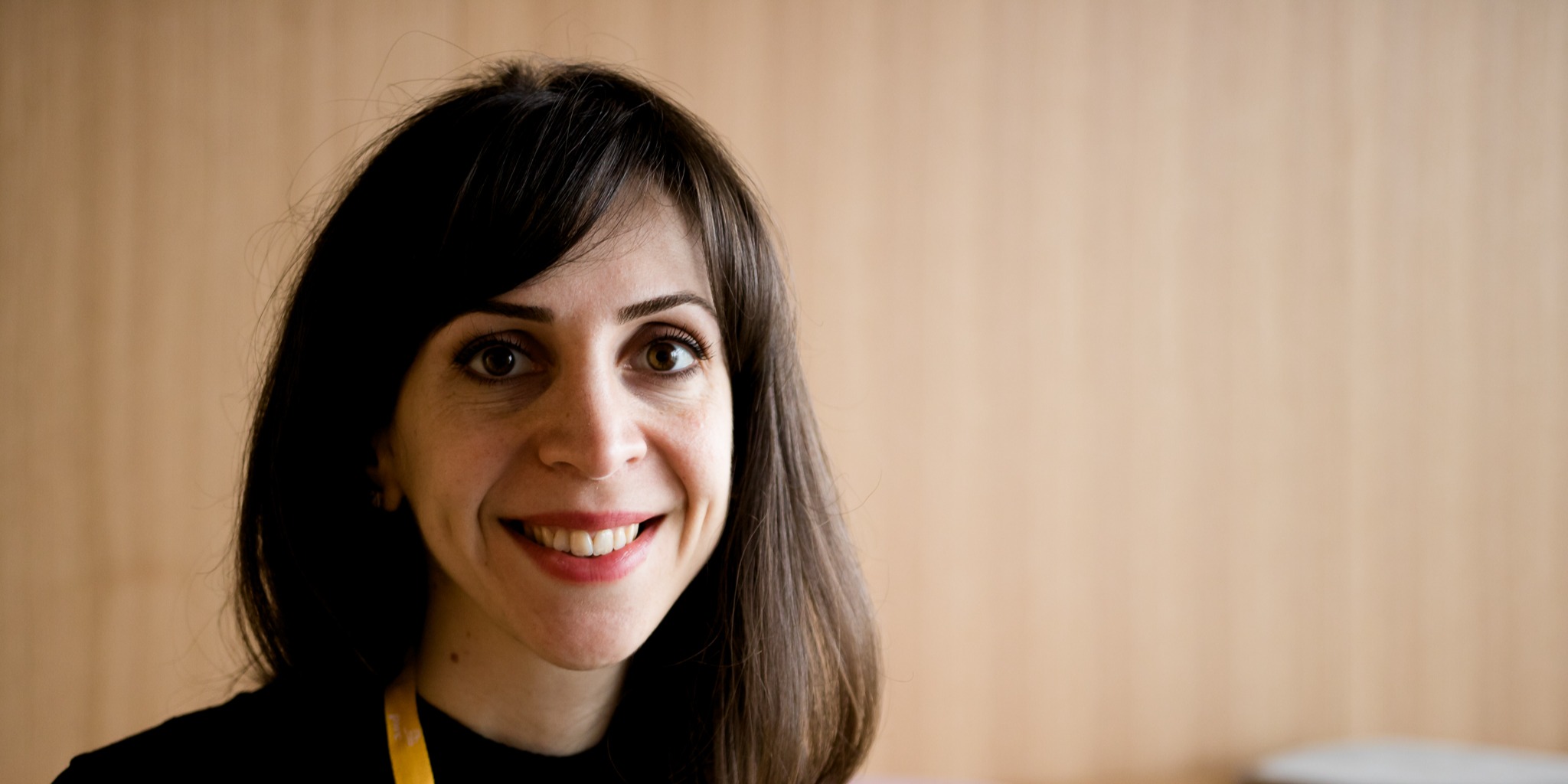A diverse and inclusive work environment serves as a powerful driver for enhancing employee engagement and bolstering overall job satisfaction. Shivani Sondhi, an advocate for increased representation within organisations, and the Innovation Manager and Diversity & Inclusion Lead at Tomorrow Street, emphasises the critical importance of this, particularly within the realms of technology and senior management roles.
What sparked your motivation to work on diversity and inclusion issues, and why do you believe they are important in the tech industry?
My motivation stems from the fact that I know what it’s like to be an outsider. I know what it's like to walk into a room and be the only woman or person of colour. I don't want the next generations, like my younger cousins or nieces and nephews, to ever feel inadequate because of their gender or the colour of their skin. If we can create a world where they can walk into a room with confidence and be themselves, it's a win for everyone.
In the tech industry, diversity is crucial as technology should serve everyone, including those from minority groups. Technology will only ever be as good as the people who make it. If the same group of people are always designing technology, it will inherently have biases.
Artficial intelligence, for example, reflects the biases of its creators. If you don't have someone from a specific demographic to help you design a product for that demographic, how are you ever going to design a product that's good enough to serve that purpose? You need to bring in everyone so that it serves the entire population.
Can you tell us about your journey and how you ended up working in Tomorrow Street? What inspired you to pursue this path in your career?
I didn't have a specific career path in mind when I was growing up. Like many people, I had various aspirations, from wanting to be an astronaut to a tennis player. When I joined Vodafone, I began to see the inequalities and challenges in the tech industry more clearly. And then when I joined Tomorrow Street [a joint venture between Vodafone and Technoport], I realised that I was working mostly with middle-aged Caucasian men within the scale-ups we collaborate with.
We say we want new and fresh ideas, but how can we ever get that with the same people in the same jobs?
After speaking with my manager, I set up a women’s network within Tomorrow Street and connected with women from various scale-ups who echoed the same thoughts.
We had women from Australia to the US and we observed that globally, women faced similar challenges in the corporate, startup and scaleup world. It’s not like the gender conversation is a new topic, so that’s when I realised I had a voice that could make an impact, and I want to use it to drive change.

You recently set up Vodafone’s Multicultural Inclusion Network in Luxembourg, can you tell us about that?
We launched the Multicultural Inclusion Network (MIN) at Vodafone Luxembourg in line with our Race Ethnicity and Cultural Heritage (REACH) targets. MIN’s focus is on celebrating the rich diversity of Vodafone Luxembourg, with around 400 employees representing about 60 nationalities. However, we realised that while we were diverse in nationalities, we still lack diversity in terms of race and ethnicity.
We organise events to celebrate different cultural holidays or different religious holidays, however the long-term goal is how to remove bias, whether it's in the hiring process, promotions, or team dynamics. We want to make people aware of their own biases and work towards eliminating them. It's not an easy task, but it's an important conversation to start.
Are there any challenges or opportunities with regards to the scale-ups incubated at Tomorrow Street?
The plus side is that we incubate companies from all over the world. Again, we do see a predominance of male leadership, however, there are encouraging signs, as we now have a handful of women CEOs joining our SCALEUP X programme.
Generally, the technology sector has a long way to go. It’s better at the junior level, but if you look at the senior levels, the diversity makeup is still not where it should be. It's slowly changing, however, we need to accelerate this change through innovative approaches.
What challenges do you face as a woman in the tech industry, and how have you overcome them?
One of the most obvious struggles is imposter syndrome, which isn't exclusive to women and affects many of us. It's that feeling of not being good enough or feeling like you don't belong.
When I find myself in situations where I'm one of the few women or the only woman, I sometimes withdraw from the conversation or hesitate to speak up. It's a battle I'm still working through.
To overcome it, I've been gaining confidence speaking at events, and seeing positive outcomes has helped me believe in myself more. It's important to note that these changes take time.
If you could go back in time, what advice would you give to young Shivani considering your experiences and insights gained over the years?
I would tell my younger self to be bold and brave. I know that's not always easy for people to do because it really depends on the setting, and you need to be in a safe space to do so. If you want something, go for it. Don't be afraid to ask for a promotion or a pay raise because the worst answer you can get is a no.

Are there any role models or individuals you look up to in your field or beyond? How have they influenced your career or perspectives?
There are two individuals who have been significant influences on me. First is my mum. She's a senior figure in her company, and her determination and hard work have always inspired me.
She's a woman of colour who achieved success through sheer dedication, and she taught me not to take anything less than what I deserve. The second role model is Rana el Kaliouby, an Egyptian American woman and author of Girl Decoded. She's a trailblazer in ethical AI and has defied expectations and cultural norms to succeed in her field.
Looking ahead, what developments or changes would you like to see in the Luxembourg tech scene?
I'd like to see more girl power in the Luxembourg tech scene. We need greater diversity, and more initiatives that promote inclusion. A good example is Girls in Tech, an charity and non-governmental organisation I'm part of that empowers women in technology in Luxembourg. We're doing some fantastic work, and I believe such initiatives will play a pivotal role in driving positive change.
Stay tuned!
Sign up now and receive the latest news about our ecosystem into your inbox.
You May Also Like
These Related Stories

“Never underestimate the value of a supportive community”

“We can only move the dial of the gender gap by addressing the root cause”






